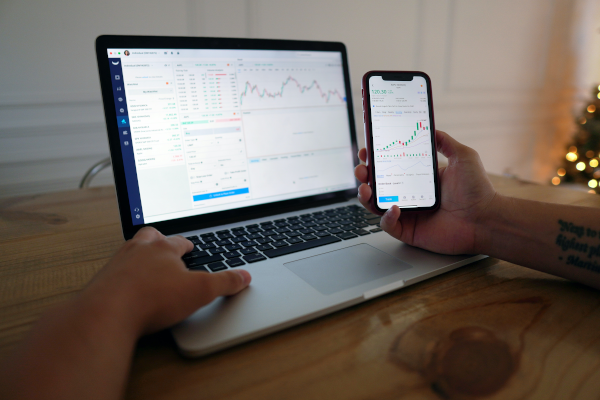Chaos is Not a Strategy

Chaos is not a strategy, it is a result. A result of poor (or non-existent) planning, a lack of knowledge and the inability to imagine your competitor’s point-of-view.
The Donald never plans. He does not know what he is going to do each day until he watches Fox and Friends, and then he sends his random thoughts out to the world via Twitter, leaving his staff surprised and panicked, looking for a way to justify the unjustifiable. This is not a strategy.
The Donald is bereft of any knowledge that has not appeared on the Fox television network. We are willing to wager that the Donald has never read any book from cover-to-cover — including his own, ghost-written, The Art of the Deal (see here for the ghost-author’s shocking opinion of Trump). The Donald’s lack of focus is not a strategy.
Trump’s narcissistic affliction and lack of an adult attention span, make it impossible for him to contemplate how anyone else might feel or think. This too, is not a strategy
Some, like Jim Cramer, think that this is “just another kind of negotiating style” that we should “get used to”. If America gets use to this “negotiating style”, it will also have to get used to losing. This “style” is nothing more than the rumblings of a bully with a bloated and unexamined ego. A bully who was born into wealth, yet “dealt” his way into multiple corporate bankruptcies, leaving his investors to eat the losses. A bully who “screwed-over” so many contractors and banks that he is being sued by hundreds of them for breach of contract. After the last bankruptcy, there was no-one left in the Western World who trusted the Donald enough to lend him money, so he went to Russia for funding. Having a President-and-Chief indebted to a powerful foreign nation, is problematic — even if there was no collusion. Why would he refuse to release his tax information, or divest himself of his holdings if he was truly interested in serving the American People? Many people voted for him precisely because he was going to run the country like he ran his businesses and, unfortunately, Americans got what they wished for. So now America must work to survive the same kind of chaos that lead to Trump’s past business failures.
Single-country tariff application is such an obviously stupid thing to do, that it forces us to question Donald’s sanity. All participants in trade wars end up as losers, and this one (if we end up there) will not be an exception. In fact, since Trump removed the US from the TPP, a trade war with China would likely result in America being the biggest loser. Since the tariffs on Chinese goods do not apply to the rest of Asia, countries like South Korea, Taiwan and others could become big winners; any of their goods that are in direct competition with China in the American market, will immediately be priced higher and, as long as the increase it is less than the 25% tariff rate, will still be more competitively priced than the Chinese goods. That would leave the American consumer holding the higher-priced (and inflation-causing) bag.
What about China? Won’t they lose some export share? Sure, but not as much as one might think. Emperor Xi (after the 19th Chinese Peoples’ Congress, Xi is able to stay in power for as long as he wishes) controls most Chinese industries, since most industries are government owned. This means that he can organize (order) these industries to send their products to other parts of the world for final assembly and a new paint job, thereby making them something other than Chinese products which can be sold competitively in the US at even higher prices than before, thanks to the tariffs. China may not win, but American consumers would definitely lose.
Having said all of that, we must add that in the medium term, none of this is likely to matter much; it takes 60-days to engage the tariffs, during which a lot can happen, and the stock market is moved mostly by human sentiment and by non-obvious factors. A trade war is obviously bad, and since in the market, “what is obvious, is obviously wrong”, we expect that the threat of a trade war will not stop this late-stage bull market, at least not at this point in time.
ANG Traders
Join us at www.angtraders.com and replicate our trades and profits.
Source: Nicholas Gomez





